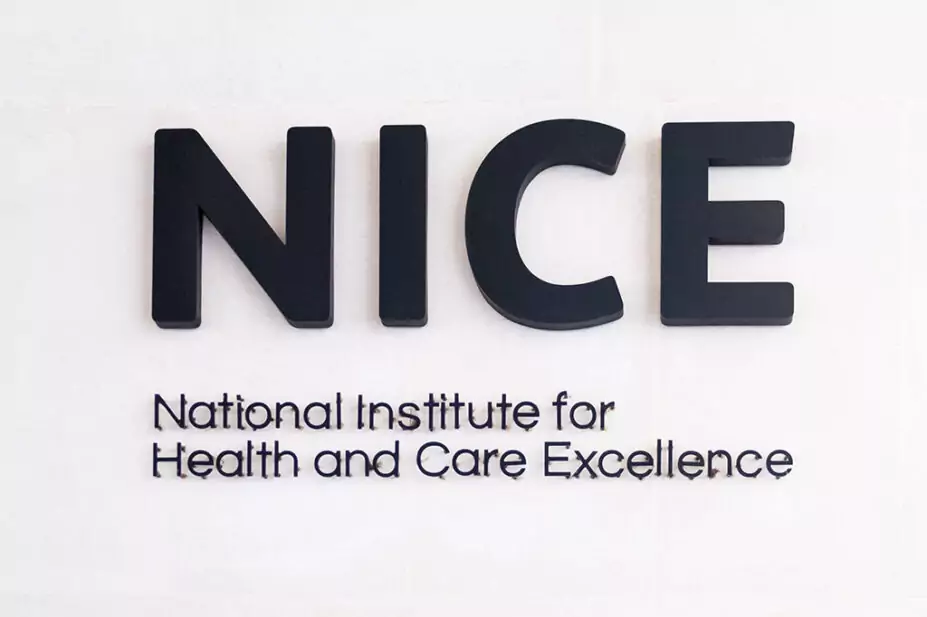
Paul Lawrenson / Alamy Stock Photo
New National Institute for Health and Care Excellence (NICE) guidelines published in March 2023 to replace the Central Alerting System (CAS) on managing COVID-19 are being blamed for “huge disruption to COVID care” in some hospital settings, owing to changes in treatment recommendations.
On 29 March 2023, NICE published positive COVID-19 treatment recommendations for nirmatrelvir plus ritonavir (Paxlovid; Pfizer), sotrovimab (Xevudy; GSK) and tocilizumab (RoActemra; Roche), as part of its final multiple technology appraisal (MTA) guidance for licensed COVID-19 treatments, superseding previous interim clinical access policies during the pandemic.
However, NICE said evidence on the clinical and cost effectiveness of molnupiravir, remdesivir and tixagevimab plus cilgavimab is “currently under review” through its MTA appraisal process.
After appeals were lodged against NICE’s draft MTA recommendations by the manufacturers of molnupiravir (Lagevrio; Merck Sharp & Dohme), remdesivir (Veklury; Gilead Sciences) and tixagevimab plus cilgavimab (Evusheld; AstraZeneca), NICE said final recommendations for these treatments are “now not expected to be published until later in 2023, once the appeal procedures have been concluded”.
In the meantime, NICE said access to these medicines can be “guided by NICE’s COVID-19 rapid guideline”, which “conditionally recommends” remdesivir and molnupiravir.
For the past two years, COVID-19 patients have been treated in hospital — or at home if they are high risk — using drugs funded centrally through the Department of Health and Social Care, in line with previous CAS alerts.
Commenting on the guidance, Stephen Hughes, consultant antimicrobial pharmacist at Chelsea and Westminster NHS Foundation Trust, said this has created a “gap between guideline recommendations and current practice” that is leaving many hospital trusts “in limbo and creates a postcode lottery for patients”
“NHS England no longer funds these therapies since the withdrawal of CAS alert guidance,” says Hughes, “so how trusts interpret these current conditional NICE recommendations remains unclear; they have not made any explicit recommendation, [so] some trusts are continuing to use these high-cost antivirals yet many are choosing not to.”
“Certainly, in hospitals across London this is creating huge variations in practice”, he says, “with a lot of money being spent on drugs that might not be recommended by NICE, or are not being used when they could be”.
Commenting on the publication of the final NICE recommendations, Hughes said: “We are hoping it would be announced in summer 2023, but no date has been agreed. This is not a big problem at the moment as COVID-19 hospitalisation rates remain low, but we do need clarification or at least some interim guidance as soon as possible before the next wave.”


